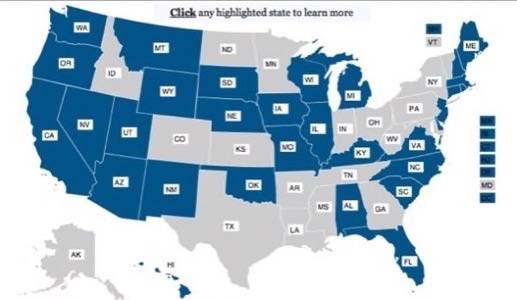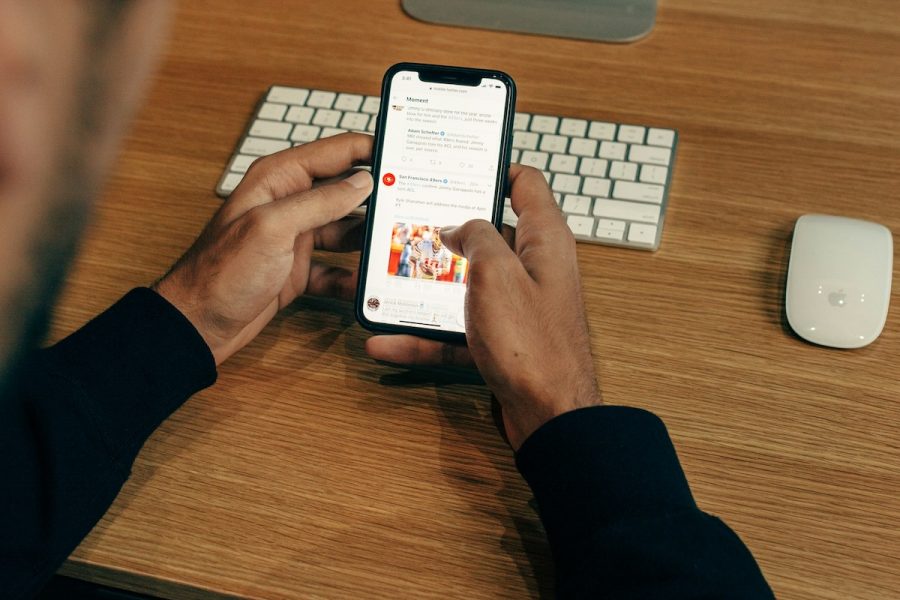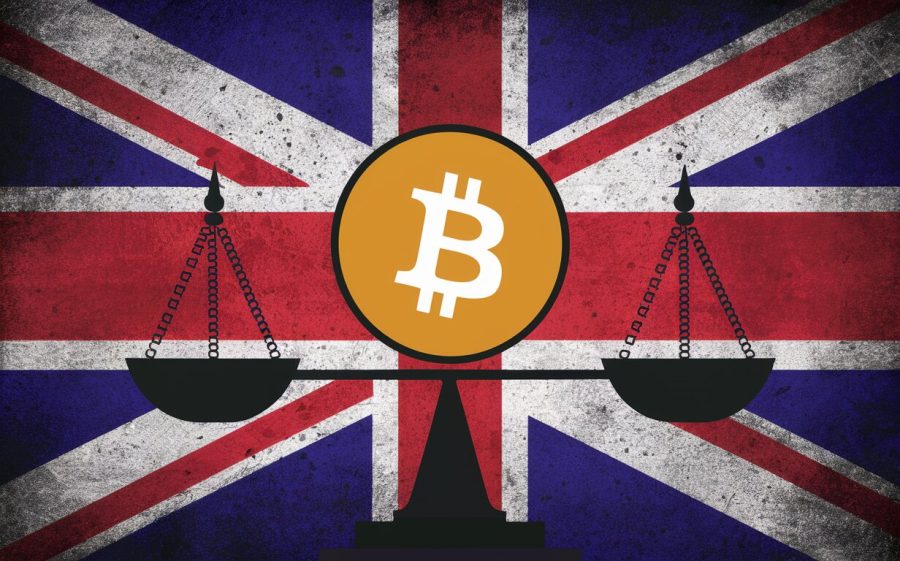On Monday, 34 American Civil Liberties Union affiliates across the U.S. sent 379 records requests to local law enforcement agencies seeking to know when, how and why they are using cellphone location data to track American citizens. The ACLU wants to know if law enforcement is going over the heads of the U.S. court system to use what should be private information against American citizens. How big of a concern is this for the average American?

The ACLU wants to know how law enforcement obtains and uses location data from cellphones. Are they contacting the cellular operators directly? Are they issuing warrants to the operators? If so, is the person who owns the location data aware of the warrant? The implications are far reaching. Law enforcement’s access to location data affects law-abiding private citizens, not just those involved in criminal activities.
Imagine if the nazi special police, the Gestapo, had access to every individual’s location and habits and were able to track people wherever they were and by what they were doing. There would have been no leaders left to fight the Third Reich because the special police would be on top of suspected individuals before they even knew they were being followed. That is an extreme example but it drives the point home: law enforcement’s use of location data sets a scary precedent.
See the map below for the states that the ACLU requested records from.

The ACLU wrote in a blog post:
One’s location might reveal “whether he is a weekly church goer, a heavy drinker, a regular at the gym, an unfaithful husband, an outpatient receiving medical treatment, an associate of particular individuals or political groups — and not just one such fact about a person, but all such facts.”Okay,” I hear you thinking, “Right, but I’m not a criminal. Why should I care?” Think again. Law enforcement’s use of cell phone location data has been widespread for years.
The ACLU notes that senator Ron Wyden (D-Ore) asked the head of the National Security Administration Matthew Olsen whether cellphone location data could be used to track U.S. citizens. Olsen replied: “”There are certain circumstances where that authority may exist.”
In spook-speak, that means yes.
Prior Cases & Precedents
There are two main cases that the ACLU points out as dangerous precedents. One is the “Scarecrow Bandits” incident, in which a group robbed 20 banks in the Dallas area in 2008. The FBI wanted to get the cellphone location data of every person who was near a specific bank at the time of the robbery. Another instance was in Michigan when law enforcement wanted the cellphone data of people who planned on organizing a labor protest.
There is also the rising use of digital forensics by law enforcement in the field. Dell makes a portable digital forensics unit that can be used to access the data of any portable or mobile device (laptops, smartphones, tablets etc.). For instance, people could get pulled over and a police officer could scan their phone for who they called last, where they are coming from, where they have been and who is in their contacts list. This is not location-specific but unwarranted use of digital forensics is still a concern for privacy advocates and civil liberties groups.
In more recent history, the prime minister of the United Kingdom David Cameron, wants to ban people from using social media in the aftermath of the London riots. It is imaginable that the British police are attempting to gain location data at this very moment about participants in the riots and looting. People who own a flat above a shop and barricaded themselves inside their apartment might then become suspects based on the location of their cellphones at the time. It is a definite possibility that innocent people could be persecuted because of where their cellphones said they were at a particular time, even if they had nothing to do with nefarious events around them.
In terms of the records request, the ACLU is specifically looking for:
- whether law enforcement agents demonstrate probable cause and obtain a warrant to access cell phone location data;
- statistics on how frequently law enforcement agencies obtain cell phone location data;
- how much money law enforcement agencies spend tracking cell phones and
- other policies and procedures used for acquiring location data.
Senator Wyden and a Republican House representative Jason Chaffezt have introduced bill that would create location privacy protections for citizens against unwarranted snooping from law enforcement and the commercial sector.
We have been in touch with the ACLU of Massachusetts (this reporter is based in Boston and has a history dealing with the ACLU regarding cellphone and law enforcement issues) about obtaining the data that law enforcement hands over in regards to the records request. We want readers of ReadWriteWeb to know how law enforcement is using their data and will share that information if and when we get those records. In the meantime, let us know in the comments your thoughts about law enforcement potential use of cellphone location data. Who is to blame? The devices themselves? Zealous law enforcement? The carriers? The U.S. government for allowing this to happen?










